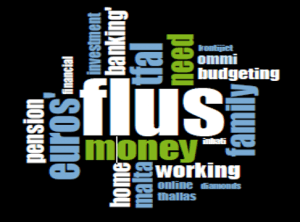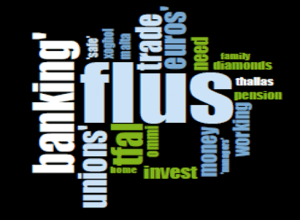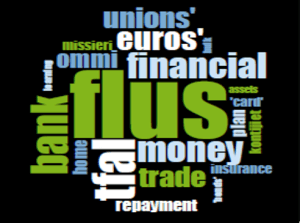Last year, ĠEMMA launched a long term financial education campaign – which will close in the 2nd quarter of 2021. The financial capability campaign targets the following cohorts of Malta’s population:
o Persons in low income employment.
o Persons in unemployment.
o Self-employed persons.
o Family members working in family businesses but not paying a social security contribution.
o Disabled persons.
o Widows.
o Single parents; separated / divorced persons.
o Teenagers.
o Students in post-secondary education.
o Students in tertiary education.
o Persons in their first employment.
o Young women.
o Young adults who are recently married.
This is financial capability education campaign is co-financed by the EU ESF under Priority Axis 2: Towards a more inclusive society. The project which is led by the Ministry for the Family, Children’s Rights, and Social Solidary is named ’Knowledge, Training, Communications and Support Measures in Support of Vulnerable Group.
Prior to the carrying out of each media campaign, the contractor is obliged to carry out a focus group based research so that ĠEMMA understands better the knowledge of the population cohort towards which the education message is addressed so that the impact of the campaign is more effective. Furthermore, this pre-campaign research will act as a baseline against which post-campaign research is carried out to gauge the effectiveness of the campaign.
The first campaign was directed towards low income employment persons. The report can be downloaded by clicking here. The research identifies the following:
Low Income Employment Persons – Most frequent 20 words
Household and lifestyle

Financial Literacy and Capability

Retirement Capability

User engagement with awareness campaigns

With regard to Low Income Employment Persons the research reached the following main conclusions – this cohort:
- Experiences literacy and capability in financial and retirement matters as threatened by pervasive consumerist and materialistic trends.
- Manifests sensitisation to a traditional culture characterised by conscientiousness and sustainability, to which they attribute value. This comprises non-formal or basic primary school knowledge learnt orally and/or from primary group settings, such as family, communities and close friends.
- Yields evidence engagement with more contemporary channels of financial education, such as recently published books and online open access sources.



